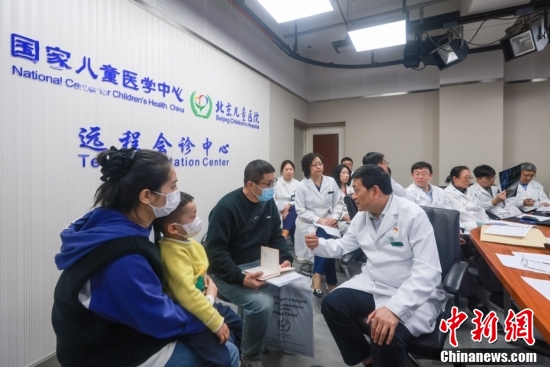
(ECNS) -- Several hospitals across China have begun integrating artificial intelligence (AI) into their clinical practices, marking a significant step forward in the application of AI in healthcare.
The first "AI pediatrician" in China was launched last Thursday at Beijing Children's Hospital, also China’s National Center for Children’s Health, serving as a clinical research assistant to help doctors quickly access the latest scientific findings and authoritative guidelines as well as assist doctors in diagnosis and treatment of complex and rare diseases.
A medical team composed of several renowned experts, alongside the AI pediatrician, conducted consultations for 10 children with challenging medical conditions. As the experts deliberated, engineers input the patients' medical records into the AI system, which then proposed treatment plans, surgery and chemotherapy, which is aligned with those of the expert panel. It sometimes marks specific indicators in patient reports, offering additional insights that enhanced the treatment strategy.
Unlike general AI models, medical AI models require highly accurate, multi-dimensional data. To this end, the National Center for Children's Health has integrated the clinical expertise of over 300 specialists and decades of high-quality medical records into the AI system, ensuring its profession and precision.
AI also serves as a predictive tool in healthcare. At Peking Union Medical College Hospital, AI is being used to evaluate patients with neurological disorders. For example, a woman surnamed Chen, who has been suffering tremors and stiffness in her left limb, underwent a three-dimensional gait assessment. High-speed cameras recorded her movements, which were then analyzed by an AI system to aid in diagnosis.
Neurological disorders are notoriously difficult to diagnose, often leading to misdiagnosis or oversight. The AI system, equipped with a multi-dimensional evaluation framework, helps detect early signs of conditions like Alzheimer's and Parkinson's disease.
To date, the system has completed over 100,000 neurological assessments, providing valuable data for clinical decision-making.
Zhu Yicheng, director of the neurology department at the hospital, emphasized the system's utility in long-term patient monitoring.
"I saw a Parkinson's patient a year ago, but I can't recall the patient exactly at the time. However, the AI system remembers everything. It is an invaluable tool for tracking patient progress."
AI's applications in healthcare are not limited to diagnosis and prediction. In rehabilitation medicine, AI-powered exoskeleton robots are helping patients regain mobility.
The technology is also making strides in mental health. At Beijing Zhihong School, AI models have been deployed to conduct psychological counseling for students.
Zhou Dongmei, a psychology teacher at the school, said students can log in with their accounts and share their feelings, which greatly ensured privacy.
AI has been also used to help with the mental health of left-behind children in some rural areas.
China's National Health Commission, along with two other departments, released guidelines for AI application scenarios in the health industry, outlining 84 potential use cases for AI in healthcare, highlighting the role of assistant of AI.
While AI is proving its worth in specific scenarios, many doctors caution that it cannot replace the nuanced diagnosis of a skilled physician.
Shen Min, director of the rare diseases department at Peking Union Medical College Hospital, noted that people need to carefully verify AI-generated data in case there are false information.








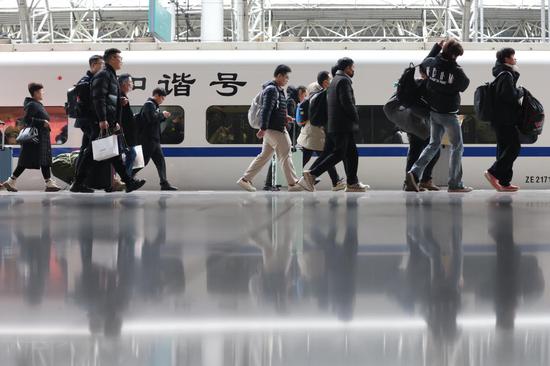



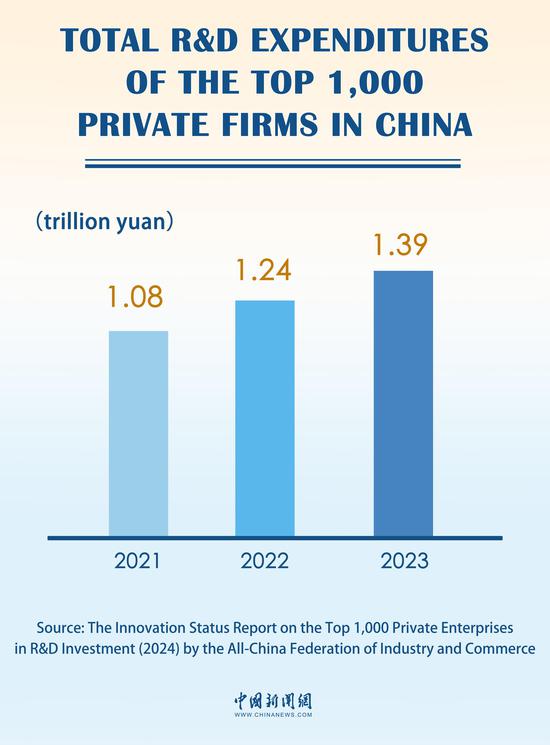



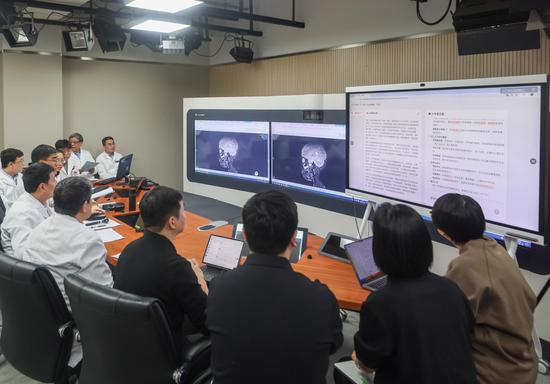
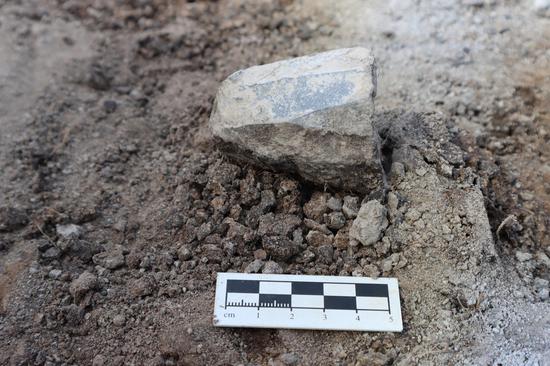



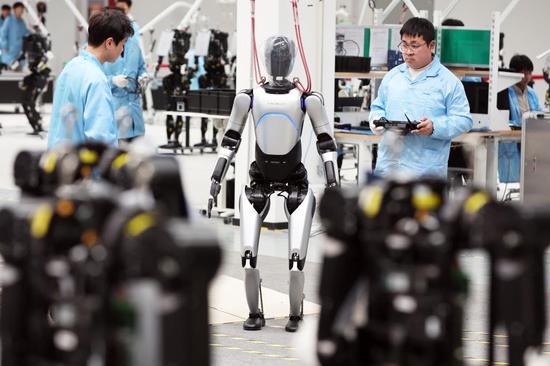




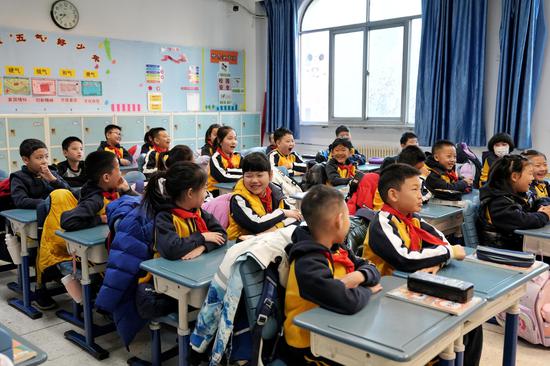


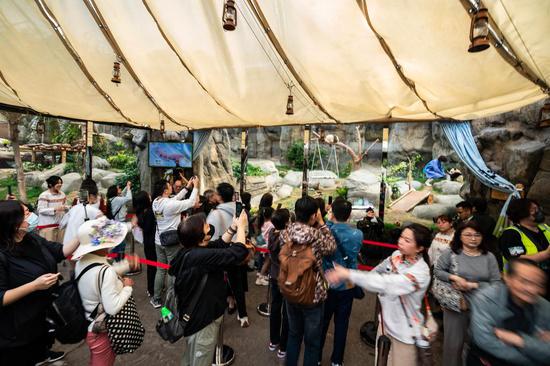








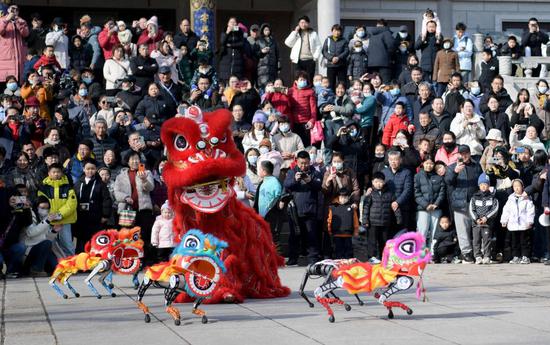











 京公網安備 11010202009201號
京公網安備 11010202009201號